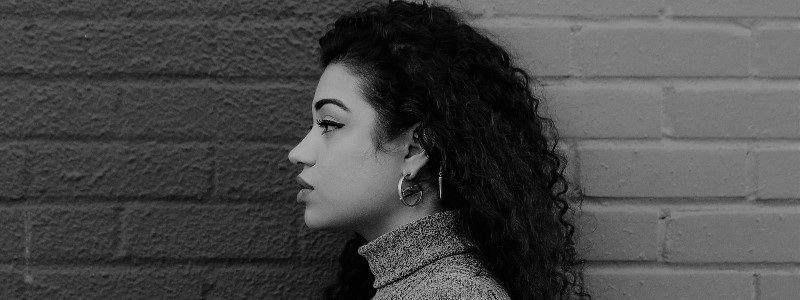The rise in diagnosis
Talking therapies are a well-established means by which we think about and work with mental health. They don’t sit in a traditional clinical framework where we think of consultation, diagnosis and treatment. They offer a much more nuanced approach which breaks down the dynamic of specialist and patient. It is more about being able to reflect and think together, than being diagnosed and offered a treatment pathway.
The insight that we all now have into health and wellbeing means that we can have a much greater awareness of what is going on for us. This crosses over into mental health and raises the notion that we can explain, by diagnosis, what we think, feel and observe in ourselves as a category of medical disorder. For example, we see depression described as being due to low levels of serotonin, as opposed to a reflection of life experiences. We seem to be both biologising and pathologising mental health and behavioural disorders in ways that are more clinical and definite.
The increase in mental health awareness has corresponded with a rise in the number of people being diagnosed with a mental health condition. According to The Journal of Child Psychology and Psychiatry, between 1998 and 2018 the rate of diagnosis of autism rose by 787% (Russell et al., 2021). This is not a reflection of a rise in the numbers of people with autism, more that we are much more likely to consider such conditions.
In psychotherapy, some individuals are interested in mental health assessments. The hope that what we feel and experience and how we behave, can be explained by a diagnosis.
How we feel, think and behave can be both the thing that makes us feel connected to others and ourselves, or the reason why we feel separate and ‘othered’. Not being able to make sense of this and the feelings that this gives rise to, is a strong motivation to explore.
What would a diagnosis feel like?
What do we want from this exploration? Are we looking for a diagnosis or just some more understanding? In thinking about this, we need to ask what a diagnosis would feel like. Does being diagnosed with a clinically recognised condition help to make sense of how one feels, or is there a fear of such knowledge? In knowing that we have a recognised condition, do we feel labelled? If one were to find that a condition that fit with your own experiences and feelings, what would that knowledge be used for? It would be easy to attribute one’s feelings and behaviour to the diagnosis. In other words, ‘I do this, because I am…’.
As in a clinical model where diagnosis is followed by a curative process, surely, we should be seeing any identification of a condition in the same way? The diagnosis is treated as the beginning of a way of learning how to live with the condition.
Psychotherapy after a diagnosis
Psychotherapy offers an opportunity to go beyond the confines of a diagnosis and focus on the individual as a whole. While clinical diagnosis often categorises and characterises someone’s experience in terms of symptoms and behaviours, psychotherapy focuses on understanding the emotional, psychological, and social factors that contribute to a person’s mental health. It creates a space for individuals to explore their feelings, thoughts, relationships, and behaviours.
One of the strengths of psychotherapy lies in its ability to complement clinical diagnosis. While a diagnosis can provide a concrete framework for understanding a person’s mental health, psychotherapy allows for the exploration of how that diagnosis plays out in the person’s life. For example, a person with a diagnosis of depression may benefit from understanding how their past relationships, family dynamics, and personal beliefs have contributed to the development of their depressive symptoms.
In therapy, individuals can work through the impact of their diagnosis in a way that feels developmental rather than limiting. By reflecting on themselves and examining their perspective, individuals can start to consider how to live with their diagnosis.
Psychotherapy is about self-reflection, distinguishing it from treatments like medication that primarily focus on alleviating specific symptoms.
It’s not uncommon for people to feel anxious, overwhelmed, or even ashamed after learning that they have a mental health condition. Therapy provides a space to process these feelings and move forward with a deeper sense of how we relate to ourselves and others.
To enquire about psychotherapy sessions with David , please contact him here, or to view our full clinical team, please click here.
David Work is a BACP registered psychotherapist working with adults, offering long term individual psychotherapy. He works with individuals in Hove.
Further reading by David Work
Wearable tech: when is there too much data?
Trauma and the use of pornography
References –
Russell, G., Stapley, S., Newlove-Delgado, T., Salmon, A., White, R., Warren, F., Pearson, A. and Ford, T. (2022), Time trends in autism diagnosis over 20 years: a UK population-based cohort study. J Child Psychol Psychiatr, 63: 674-682.














